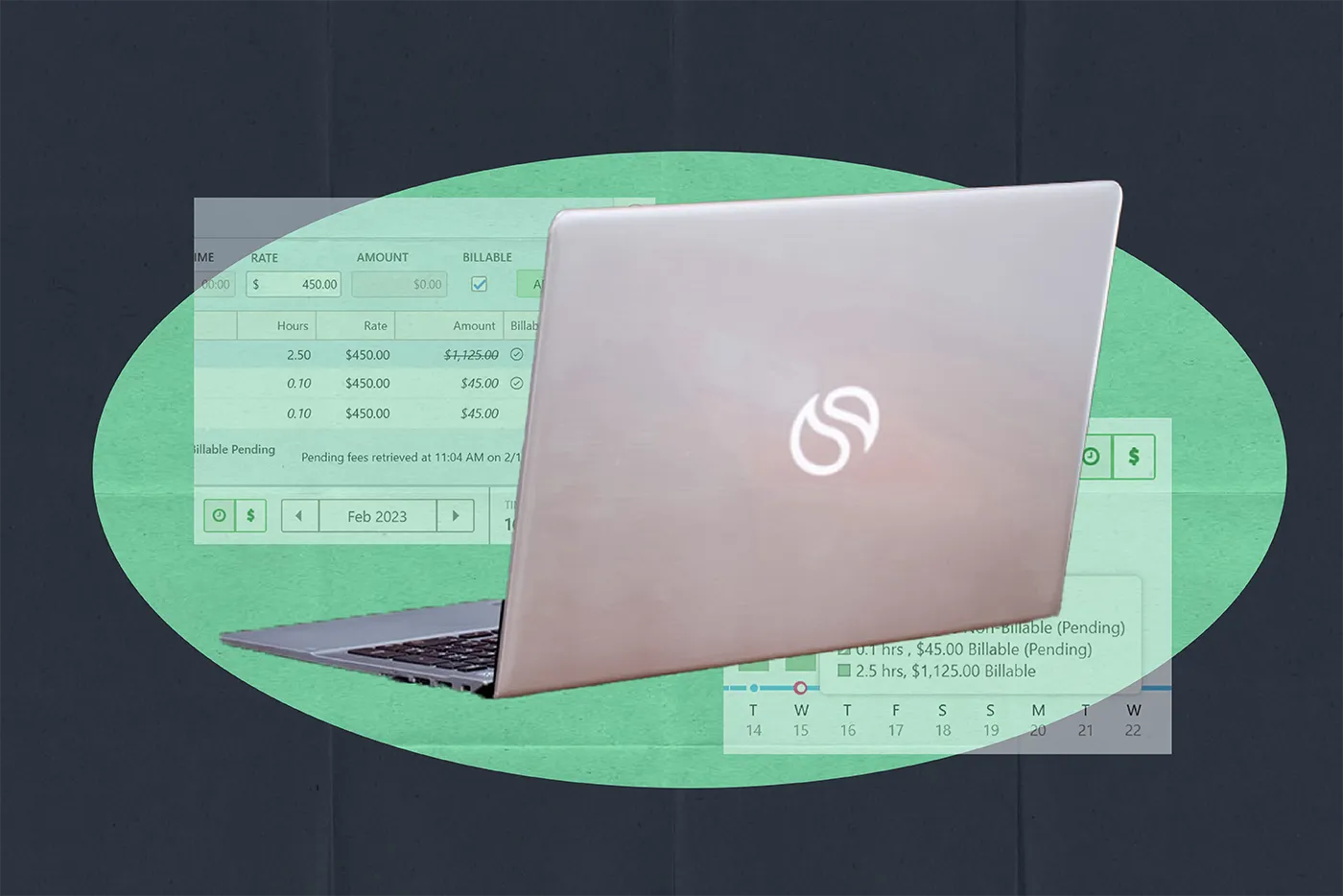Despite New Case Law, Illinois Family Law Fee Petitions Still Awash in Inconsistency
Written by
|
September 20, 2018
Written by Smokeball
|
September 20, 2018

Written by Jordan Turk
|
September 20, 2018

Despite New Case Law, Illinois Family Law Fee Petitions Still Awash in Inconsistency
By Ruchie K. Chadha
As an attorney, you are rarely surprised by a Petition for Interim Fees being filed against your client. But what happens if you are ordered to pay fees to the other side that you have already spent? More worrying, what if you are not even the attorney of record, having withdrawn your appearance on a case weeks, months, or years ago?
Until last year’s Illinois Supreme Court decision of In Re Marriage of Goesel, 2017 IL 122046, any attorney who earned fees during the course of litigation could be forced to “give back money,” customarily called a disgorgement of fees. This money could be disgorged from any available resource, including retainers or interim payments previously paid to the attorney, and at any point in time. Courts incongruously interpreted and applied the term “available”, further complicating the issue. As a result, lawyers often found themselves in contempt of court, simply unable to pay a contribution order.
Before we delve deeper, as a refresher, interim fees are monetary contributions to the petitioning party’s attorney for work the attorney has already completed and/or is likely to complete in the future. Interim fees are typically awarded to a petitioning party who can show the following:
- That they do not have the ability to pay their attorney; and
- That the opposing party has access to funds to contribute towards those fees; and
- Without contribution from the opposing party, he or she would be irreparably harmed.
If, however, it is determined that neither party has the ability to contribute to the other, the court may order a reallocation of funds available to each party’s attorney. How the term “available” should be defined was the fundamental question Goesel answered, finally clarifying conflicting precedents. It is incredibly important for Illinois family lawyers to revisit Goesel.
Goesel considered three prominent cases in formulating its conclusion, namely: In re Marriage of Squire, 2015 IL App (2d) 150271, In re Marriage of Earlywine, 2013 IL 114779, and In re Marriage of Altman, 2016 IL App (1st) 143076. While the Court’s decision is clear, the reasoning and history behind it is worth understanding and discussing.
First, let’s consider Squire. The Second District in Squire concluded that any retainers or interim payments may be disgorged regardless of whether they had been earned by the attorney. To maintain a level playing field, the court determined that “available” meant that as long as the funds exist somewhere, they are subject to disgorgement as they are the property of the attorney.
The Squire court relied heavily on the outcome in Earlywine in its decision. In Earlywine, the court concluded that an advanced payment retainer may be disgorged. An advanced payment retainer is a payment for an attorney’s commitment to do future work. The funds held in an advanced payment retainer become the attorney’s property upon deposit into his/her general account. Traditionally, although funds in an advanced payment retainer have not been “earned” by the attorney, they are protected from fee petitions and considered the attorney’s property. Squire analogized that earned fees, like funds held in an advanced payment retainer, are also the property of an attorney and should be subject to disgorgement.
Both Altman and Goesel disagreed. Although the court in Earlywine disgorged fees from an advanced payment retainer, Altman argued that there were other policy concerns besides “leveling the playing field” that Squire should have considered in its decision. Goesel concurred and further concluded that, although Earlywine addressed disgorgement, it did not answer the question before the Illinois Supreme Court (i.e., what was “available” for disgorgement) and, therefore, could not be applied to the present case. Altman ultimately concluded that only funds being held for a client that have not been earned by the attorney are subject to disgorgement. Goesel affirmed.
While Squire addressed the question before the court, the policy considerations of that court were too narrow and the interpretation of the term ‘available funds’ too broad. Altman stated it could not be so bold to assume that the legislature intended to call upon a lawyer, at any point in time, to write a check to the opposing party, simply because the funds theoretically ‘exist’ somewhere. Further, the court did not believe the legislature meant for the financial burden of paying fees to the other side to be borne by the attorneys. Goesel agreed. Leveling the playing field should not produce “unjust” or “absurd” consequences. If the legislature intended to achieve either of these results, the Supreme Court called upon the legislature to make such intentions clear.
The Supreme Court in Goesel concluded that earned fees are unavailable for disgorgement and a court cannot compel an attorney to pay money towards a contribution order from those earned fees. Attorneys perform work, they are compensated for said work, and they use the money they earn to pay themselves and their operating expenses as they should be entitled to do. The Court admitted, however, they made this decision with “an abundance of caution.”
Petitioning the court for interim fees has long been a routine motion filed by attorneys during the pendency of a divorce. Unequal access to finances of divorcing spouses will continue to be a common issue and providing each spouse an equal opportunity to participate in the litigation should continue to be a priority of the court. While Goesel may appear to be a boon for attorneys, until the legislature clearly defines the statutory provisions to determine how an interim fee petition should be adjudicated, the reassurance they feel may be short-lived.
Learn more about Smokeball document management for law firms:
Book Your Free Demo
Ready to see how Smokeball client intake software helps you Run Your Best Firm? Schedule your free demo!











